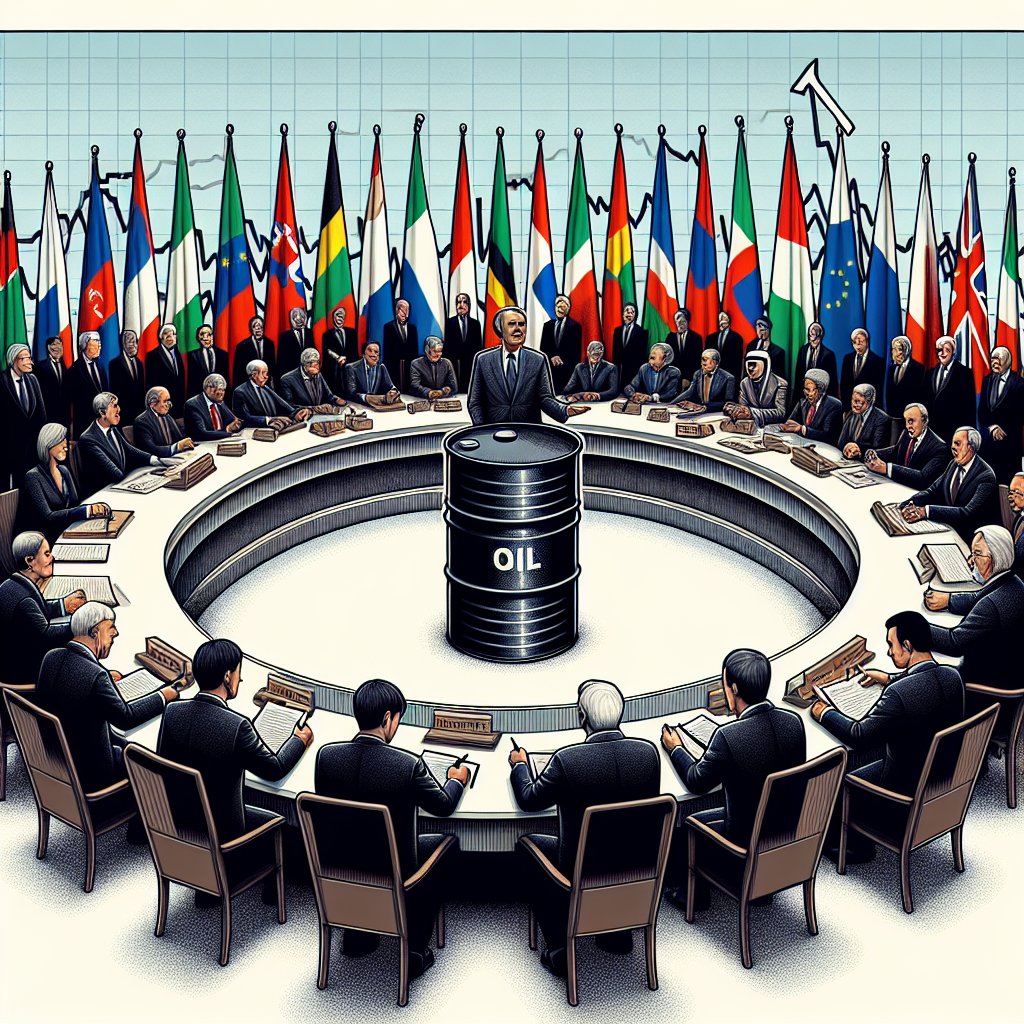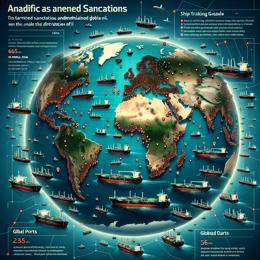Content created by AI
OPEC Reaffirms Unity and Cohesion in Response to Angola's Departure
The Organization of the Petroleum Exporting Countries (OPEC) has made a public show of unity and reinforced the message of continued co-operation within the bloc and its extensions, known as OPEC+, despite the recent news of Angola's departure from the group.
In a situation that sent ripples through the energy markets, Angola officially announced its intention to leave OPEC on December 21, an unprecedented decision that was set to affect the country's future engagement with the global oil market. This move came with significant implications, considering a resulting dip in global oil prices and the arising speculations about the stability and unity of OPEC and the extended OPEC+ alliance, which includes major non-OPEC oil producers like Russia.
Amidst these concerns, OPEC's statement did not directly address Angola’s departure but focused on conveying a strong message of solidarity among the remaining member countries. The organization emphatically restated the commitment of its members to the shared principles that underpin OPEC's existence—the "shared objectives of unity and cohesion both within the organization, and with the non-OPEC producers participating in the Declaration of Cooperation (DoC)."
It is also noteworthy that the organization has continued with its strategic market management practices. OPEC+ has unveiled another round of voluntary oil output reductions, which are approximately 2.2 million barrels per day for Q1 2024. This move adds to the suite of measures previously agreed upon from late 2022, which are targeted at bolstering market stability in light of fluctuating demand and a complex geopolitical landscape that affects global oil supply chains.
These proactive cuts indicate a broader strategy to maintain control over oil prices in a market that has seen pandemic-induced volatility and price wars in recent years. With the global economy at large in mind, OPEC claims that such efforts, which involve dialogue and cooperation among the oil-producing countries, are designed to provide a net benefit not only to producers but also to consumers and investors who are part of the intricate fabric of the global oil market.
While Angola has been a member of OPEC since 2007, its decision to leave reflects broader dynamics at play within the oil-producing world, including the challenges some countries face in meeting production quotas and the economic impacts of maintaining membership. Nonetheless, OPEC's communique strives to reinforce the strength of the organization, suggesting that despite Angola's exit, the group retains resilience and unity in purpose.
In the larger context, these developments have important implications for the geopolitics of oil, market stability, and the energy security of nations. The unity of OPEC and its ability to collaborate with other major producers within OPEC+ has been a cornerstone in mediating some of the turbulence experienced in global oil markets. As such, the organization's latest message can be seen as both reassurance to stakeholders and a declaration of sustained influence over global oil dynamics.










